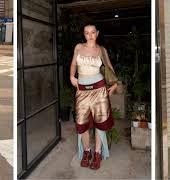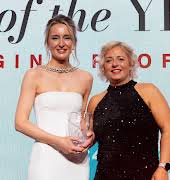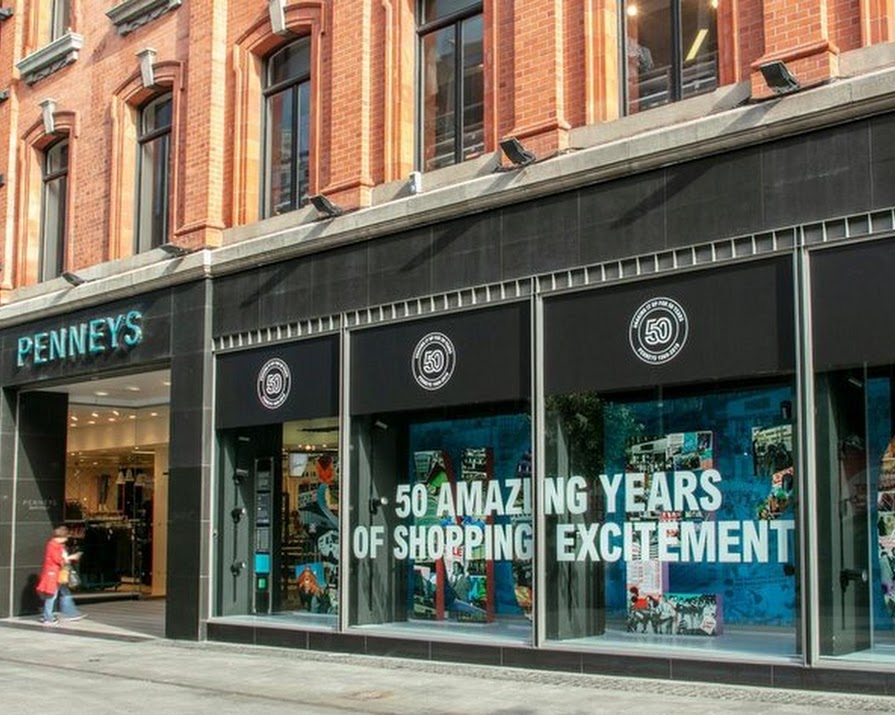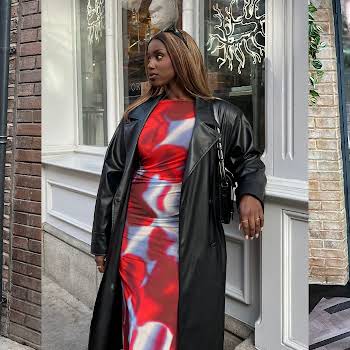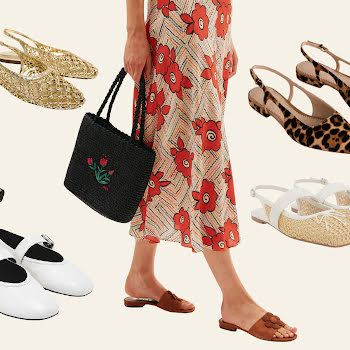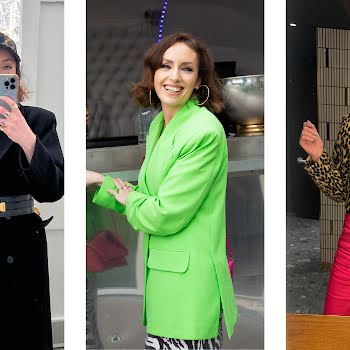
By Erin Lindsay
03rd Oct 2019
03rd Oct 2019
As consumer demand for sustainable high street options is at an all-time high, budget giant Penneys is showing how to think differently about fast fashion.
Secondhand September may be over, but we hope it’s made some of you take stock of your buying habits and begin to think more sustainably about your fashion intake — we know it has with us. We all need to be a bit savvier when it comes to how, why and how often we shop for clothes, and with mid-season sales now cropping up all over the high street, the temptation to splurge is hard to ignore.
Penneys (or Primark outside of Ireland) is a landmark of Irish fashion, from opening its doors on Mary Street for the first time in 1969 to becoming a global brand with 350 stores across 11 countries. Its affordable, on-trend offerings have been the cornerstone of Irish women’s wardrobes for decades — so much so that Penneys is now more of a cultural emblem than solely fashion, and the phrase “thanks hun, Penneys” is now regarded as a national greeting.
But unfortunately, Penneys’ most attractive qualities are its biggest problem when it comes to sustainability. The phrase ‘fast fashion’ was made for the Penneys business model — impossibly quick, impossibly cheap clothing, that consumers feel comfortable disposing of as quickly as they bought it.
225,000 tonnes of clothing are sent to landfill every year in Ireland alone, and it is a direct result of our attitude to clothes — when a new outfit is this cheap, why would we ever bother looking after our last one?
The sustainable cotton programme
But unlike its online counterparts, such as Boohoo or Missguided, who seem content in being completely deaf to the call of sustainability (Missguided’s infamous £1 bikini this summer was a particular low point), Primark has been answering the call for a while. In fact, its Ethical Trade and Environmental Sustainability Director Katharine Stewart has been in her position for 10 years.
In an event in Dublin on Wednesday, Stewart sat down with fitness and wellness influencer Alice Liveing, to chat through what her role means. Dealing primarily with ethical trading, employee welfare and sustainable manufacturing, Stewart’s latest project, the cotton expansion programme, is widening the brand’s scope for sustainability.
Beginning in 2013, Primark’s sustainable cotton programme focuses on ensuring that all the cotton used in their supply chain (cotton makes up over 50% of Primark’s materials) is sustainably and ethically sourced.
To do this, they work on both the practical and human sides of the farming — encouraging less water and chemical use, and equipping farmers with business skills and other projects to boost community development. Each farmer goes through a three-year training programme, where they are taught the most appropriate farming techniques for their land while minimising environmental impact. The training course also focuses on minimising costs for farmers, thus increasing their personal profit.
The long-term investment in over 30,000 female farmers has seen major benefits to both the brand and the communities — according to Primark, cotton quality has improved, and on average, farmers who have completed their training have increased their profits by almost 200%.
And this year, Primark announced an expansion of the programme, planning to train 160,000 cotton farmers in more environmentally-friendly farming methods by the end of 2022, and extending the programme into China for the first time.
Cotton, as it makes up such a huge proportion of Primark’s clothing materials, is a great place to start. But what about plastic-based materials, like polyester? According to Stewart, the brand also plans to largely move their usage of the material to recycled polyester, which is a great step.
Too many clothes
But what about the sheer volume of clothing, sustainably sourced or not, that Primark produces? It is a customer responsibility to think more sustainably about how we consume clothing, but Stewart mentioned that Primark will be moving to focus on this side of fast fashion also, and to “educate customers about how to best look after their clothes, so that they last”.
While a business’s prime objective is always to sell as much as possible, there are many ways that Primark could tackle overbuying from the inside out — maybe this time next year, we’ll witness the first Penneys swap-shop.
It’s easy to argue that a mammoth retailer like Primark is the enemy of combatting fast fashion. But if a brand as large as this is making big moves to try and trade more sustainably, as a direct result of the demand of its consumers, surely that’s a step in the right direction.
Make no mistake — shopping secondhand is still the most ethical way to spend your money. But if you do want to give in to a high street binge, make a more considered choice, and look for the shops, like Penneys, who are making the effort.
Featured image: Primark.ie
Read more: SS20’s trends are all vintage-inspired — here’s where to shop them second-hand
Read more: H&M’s latest Conscious collection launches tomorrow
Read more: How to look after your clothes and make them last longer

